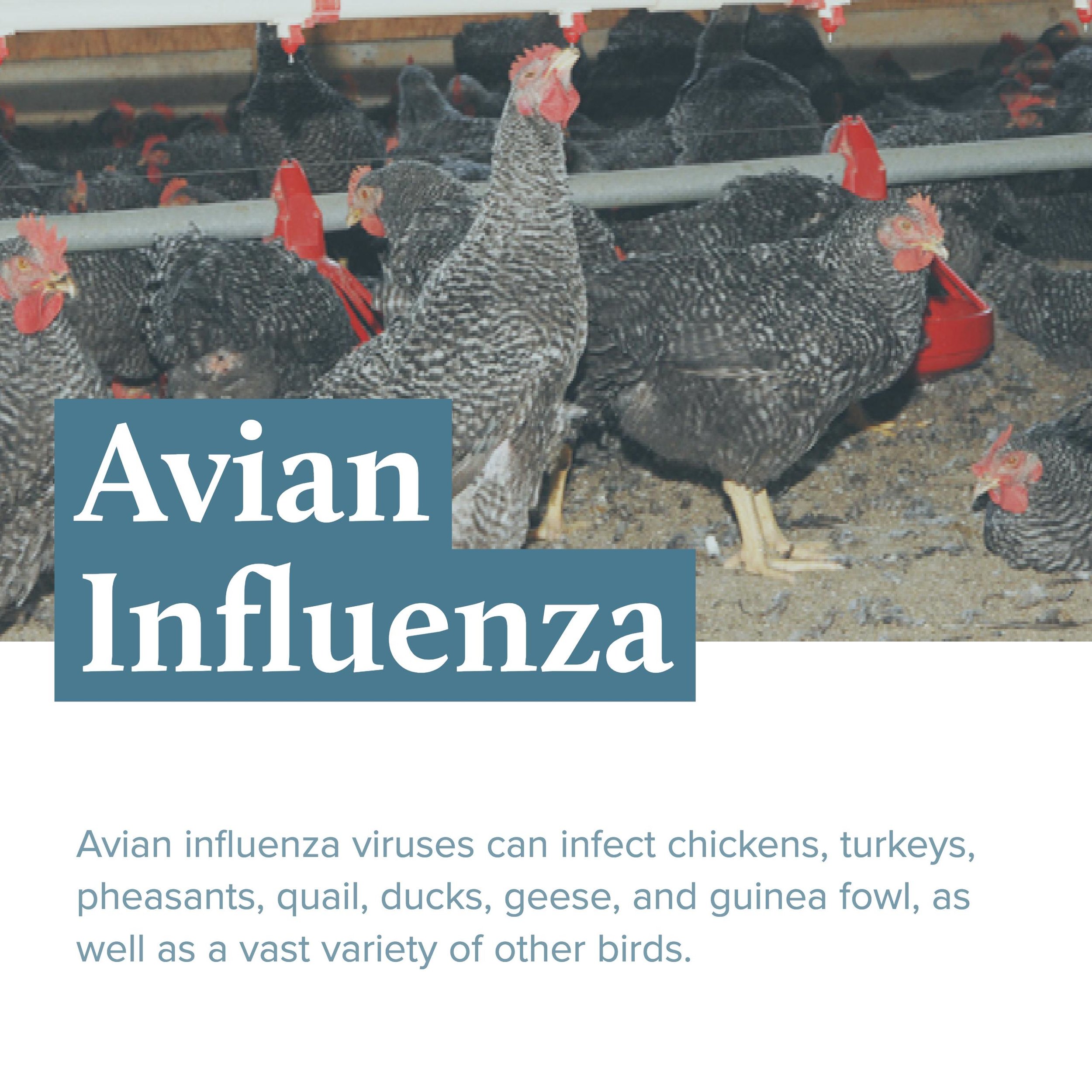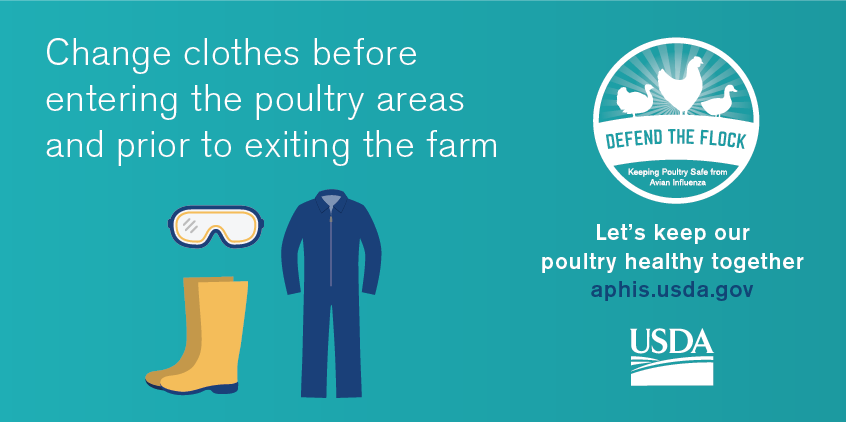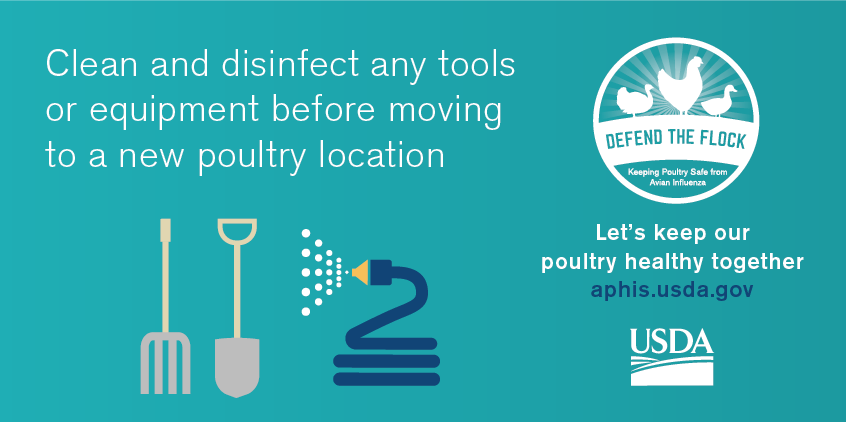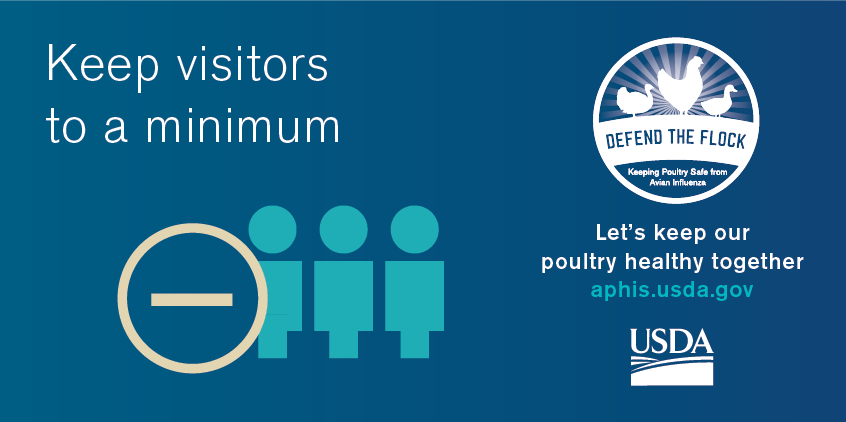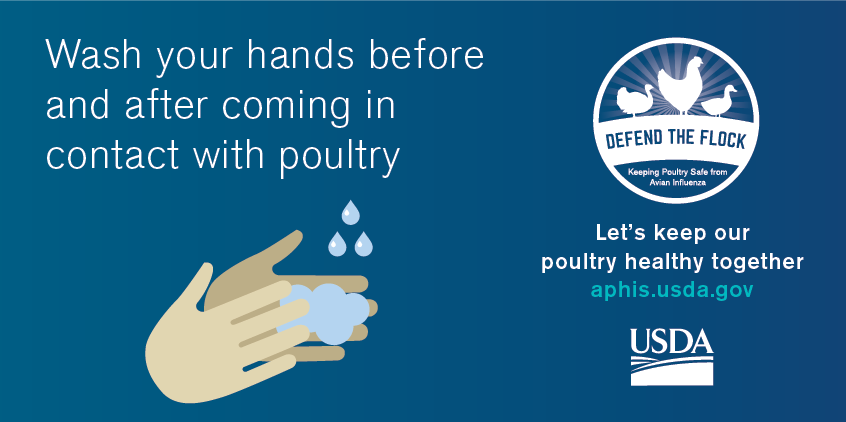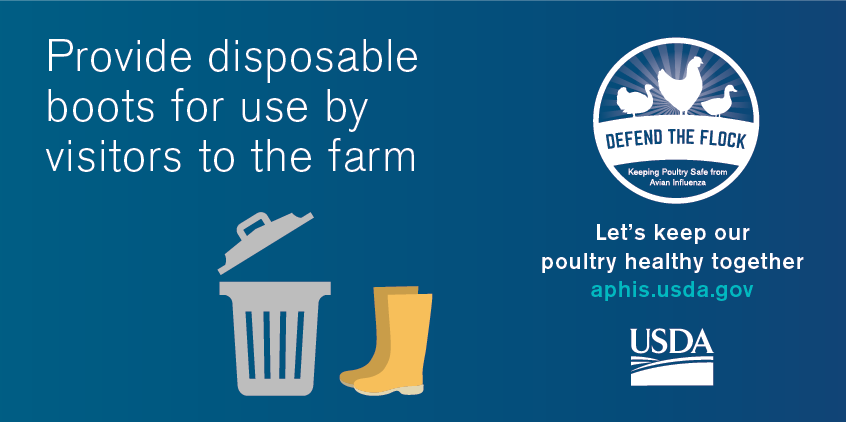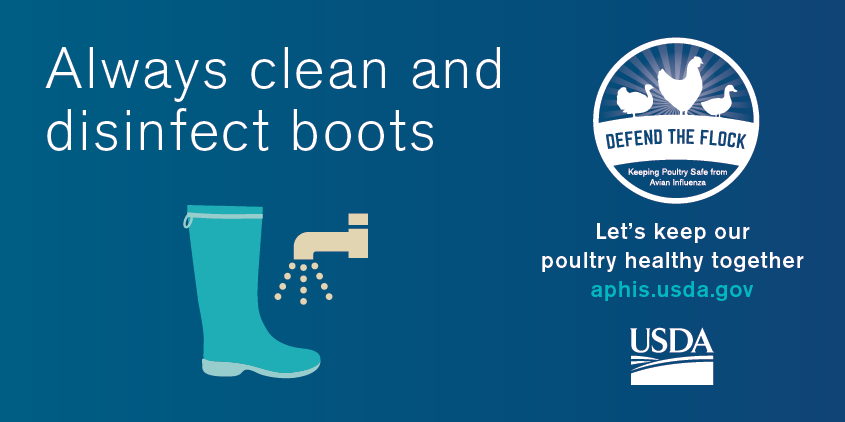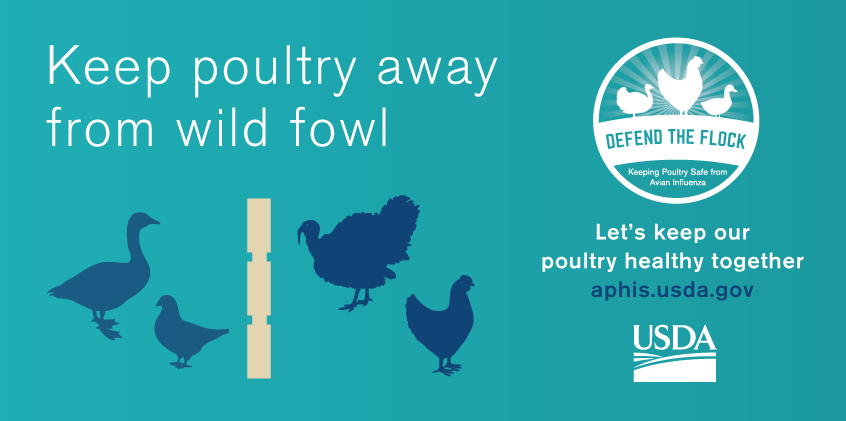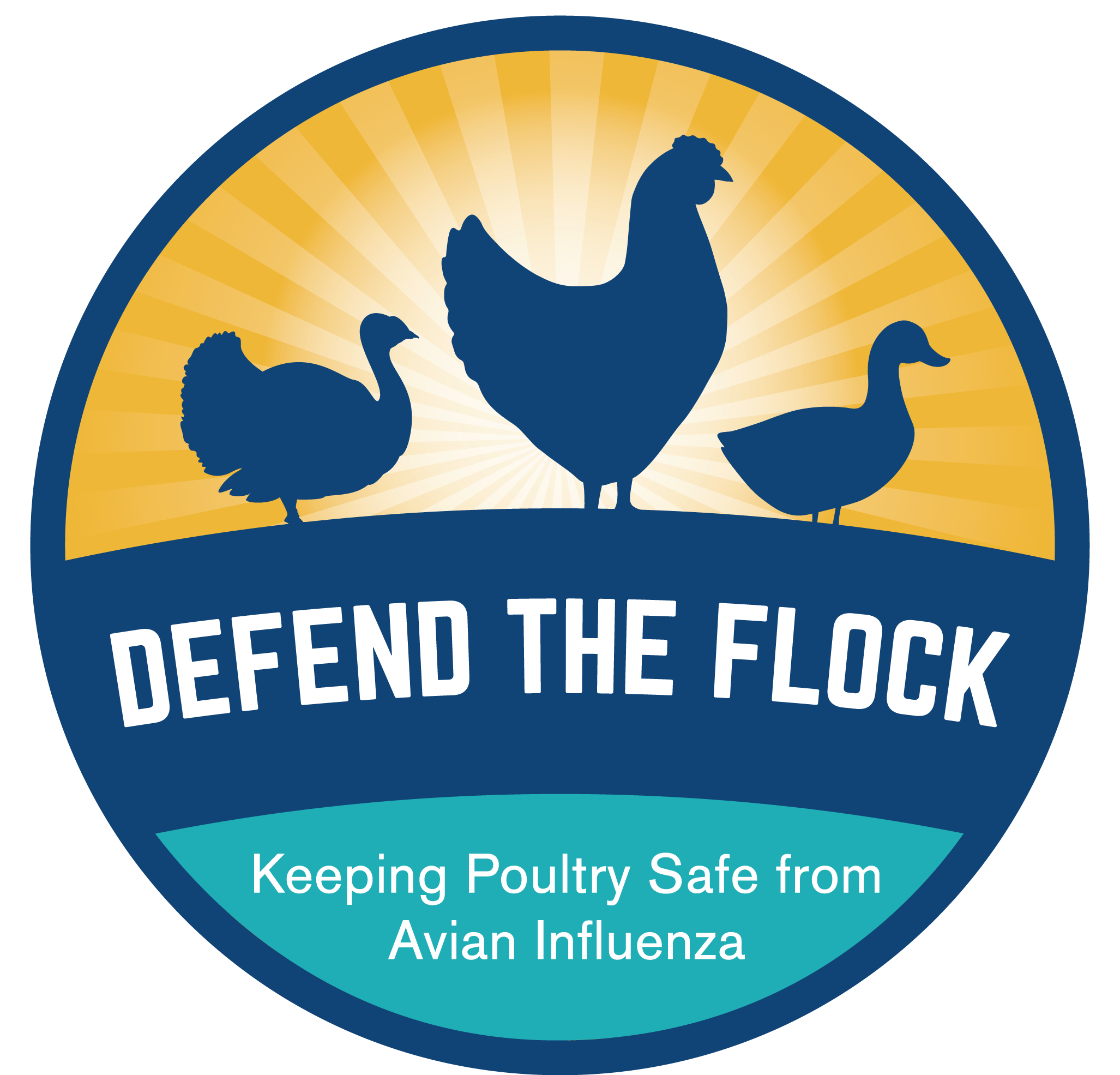Salmonella is a group of bacteria that can live in the intestinal tract of many different animals. Salmonellosis (sal-mohn-el-OH-sis) is a bacterial disease caused by Salmonella.
Although Salmonella is most often spread when a person eats contaminated food, the bacteria also can be passed between people and animals. Many different animals and pets can carry these germs. Animals known to commonly spread Salmonella to humans include:
Reptiles (turtles, lizards, and snakes)
Amphibians (frogs and toads)
Poultry (chicks, chickens, ducklings, ducks, geese, and turkeys)
Other birds (parakeets, parrots, and wild birds)
Rodents (mice, rats, hamsters, and guinea pigs)
Other small mammals (hedgehogs)
Farm animals (goats, calves, cows, sheep, and pigs)
Dogs
Cats
Horses
How do animals and people become infected?
Animals become infected with Salmonella through their environment, by eating contaminated food, or from their mothers before they are even born or hatched. Salmonella is naturally in the intestines of many different animals. Animals with Salmonella shed the bacteria in their stool which can easily contaminate their body parts (fur, feathers, or scales) and anything in areas where these animals live and roam (terrarium or aquarium, chicken coop, pen or fencing, countertops, sinks, etc.). It is important to know that many animals can carry Salmonella and still appear healthy and clean.
People can get a Salmonella infection if they do not wash their hands after contact with animals carrying Salmonella or their environment, such as their bedding, food, or tank water. For example, some pet products, like pet foods and treats, can be contaminated with Salmonella and other germs. Pet food and treats that may be contaminated include dry dog or cat food, dog biscuits, pig ears, beef hooves, and rodents used to feed reptiles (including frozen feeder rodents). Additionally, reptiles and amphibians that live in tanks or aquariums can contaminate the water with Salmonella, which can make people sick even if they don’t touch the animal.
Who is most at risk for serious illness?
Anyone can get sick from Salmonella, but some people are more likely than others to get salmonellosis. People who are more likely to get salmonellosis include:
infants
children 5 years of age and younger
adults aged 65 and older
people with weakened immune systems, such as people with HIV/AIDS, organ transplant patients, and people receiving chemotherapy.
Prevention
The best way to prevent getting Salmonella from animals is to always wash your hands with soap and running water right after contact with these animals, their environments, or their stool.
DO/
Wash your hands thoroughly with soap and waterRight after touching animals.After touching your pet’s food (like dry dog or cat food, frozen feeder rodents) or treats (like rawhide bones, pig ears, biscuits).After touching the areas where they live and roam.
Use running water and soap, if possible.
Use hand sanitizer if running water and soap are not available.Be sure to wash your hands with soap and water as soon as a sink is available.Adults should always supervise hand washing for young children.
Use soap or a disinfectant to thoroughly clean any surfaces that have been in contact with animals. Do not let children 5 years of age and younger do this task. Children 6 years of age and older can help with cleaning and disinfecting but only if they are supervised by an adult.
Clean your pet’s cage, terrarium, or aquarium and its contents (such as food and water bowls) outdoors, if possible. If you must clean your pet’s habitat indoors, use a bathtub or large sink that can be cleaned and disinfected afterward. Avoid using a kitchen sink if possible.
Use a bleach solution to clean and disinfect.
DO NOT/
Do not let children 5 years of age and younger, the elderly, or people with weakened immune systems handle or touch animals that can spread Salmonella (like turtles, water frogs, or poultry). They should also try not to touch the water from the animals’ containers or aquariums.
Avoid keeping live poultry, amphibians, and reptiles in homes and facilities with children 5 years of age and younger or people with weakened immune systems.
Never eat or drink around high-risk animals (like turtles, water frogs, chicks, ducklings), or in areas where they live and roam.
Keep animals away from areas where food and drinks are prepared, served, or stored, such as kitchens or outdoor patios.
Do not ask children 5 years of age and younger, the elderly, or people with weakened immune systems to clean pets’ habitats and their contents.
Persons 65 years of age and older and those with weak immune systems should wear disposable gloves if they have to clean their pet’s habitat.
Once you finish cleaning, throw out the dirty wash water in a toilet or sink that is not used for food preparation or for drinking water.
What are the symptoms of a Salmonella infection?
Salmonella Symptoms in People
People infected with Salmonella might have diarrhea, vomiting, fever, and abdominal cramps. Infants, the elderly, and people with weak immune systems are more likely than others to develop severe illness. Please visit CDC’s Salmonella website for more information.
Salmonella Symptoms in Pets
Many animals with Salmonella have no signs of illness at all and appear healthy. Pets that become sick from Salmonella infection typically have diarrhea that may contain blood or mucus. Sick animals may seem more tired than usual and may vomit or have a fever. If your pet has these signs of illness or you are concerned that your pet may have a Salmonella infection, please contact your pet’s veterinarian.
Since there have been several pet treats recalled due to contamination with Salmonella, you should tell your veterinarian if your pet recently consumed a product that has been recalled. Do not feed your pet any more of the recalled product. Throw the product away immediately.
How can Salmonella infections be diagnosed and treated?
Diagnosing Salmonella in People
Salmonella infections in people usually resolve within 5-7 days, and most do not require treatment other than drinking plenty of fluids. People with severe diarrhea may need to spend time in a hospital getting rehydrated with intravenous fluids. Lab tests are needed to determine if Salmonella is the cause of a person’s illness. For more information about diagnosis and treatment, please visit CDC’s Salmonella website.
Diagnosing Salmonella in Pets
If you suspect that your pet has Salmonella, see your veterinarian. Salmonella infections may require prompt treatment with supportive care and fluids. If your pet is very sick, it may need to be treated with antibiotics or be hospitalized in a veterinary clinic. Your pet’s veterinarian is the best source of advice on your pet’s health.
More Information
Learn more about salmonellosis at CDC’s Salmonella website, which includes answers to frequently asked questions, technical information, and additional resources.
Hear From Us Again
Don't forget to subscribe to our email newsletter for more recipes, articles, and clinic updates delivered straight to your e-mail inbox.
Related Categories:




